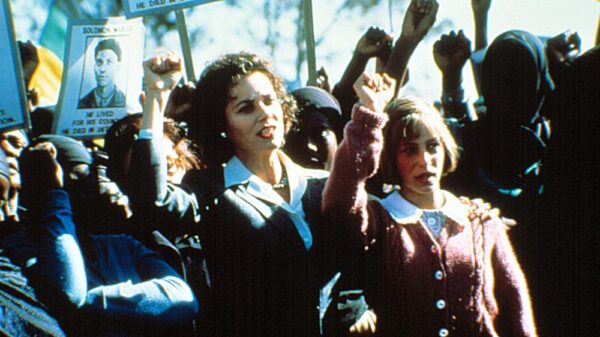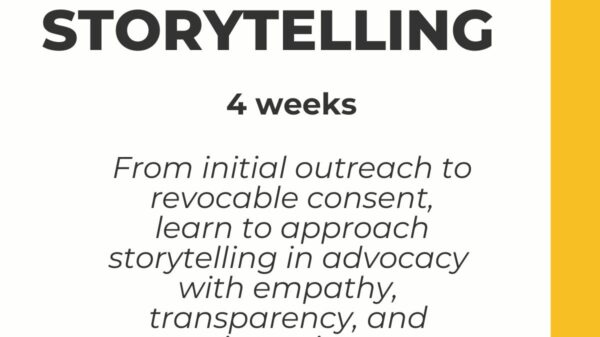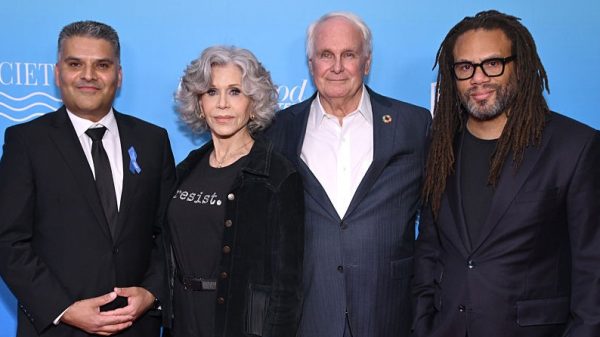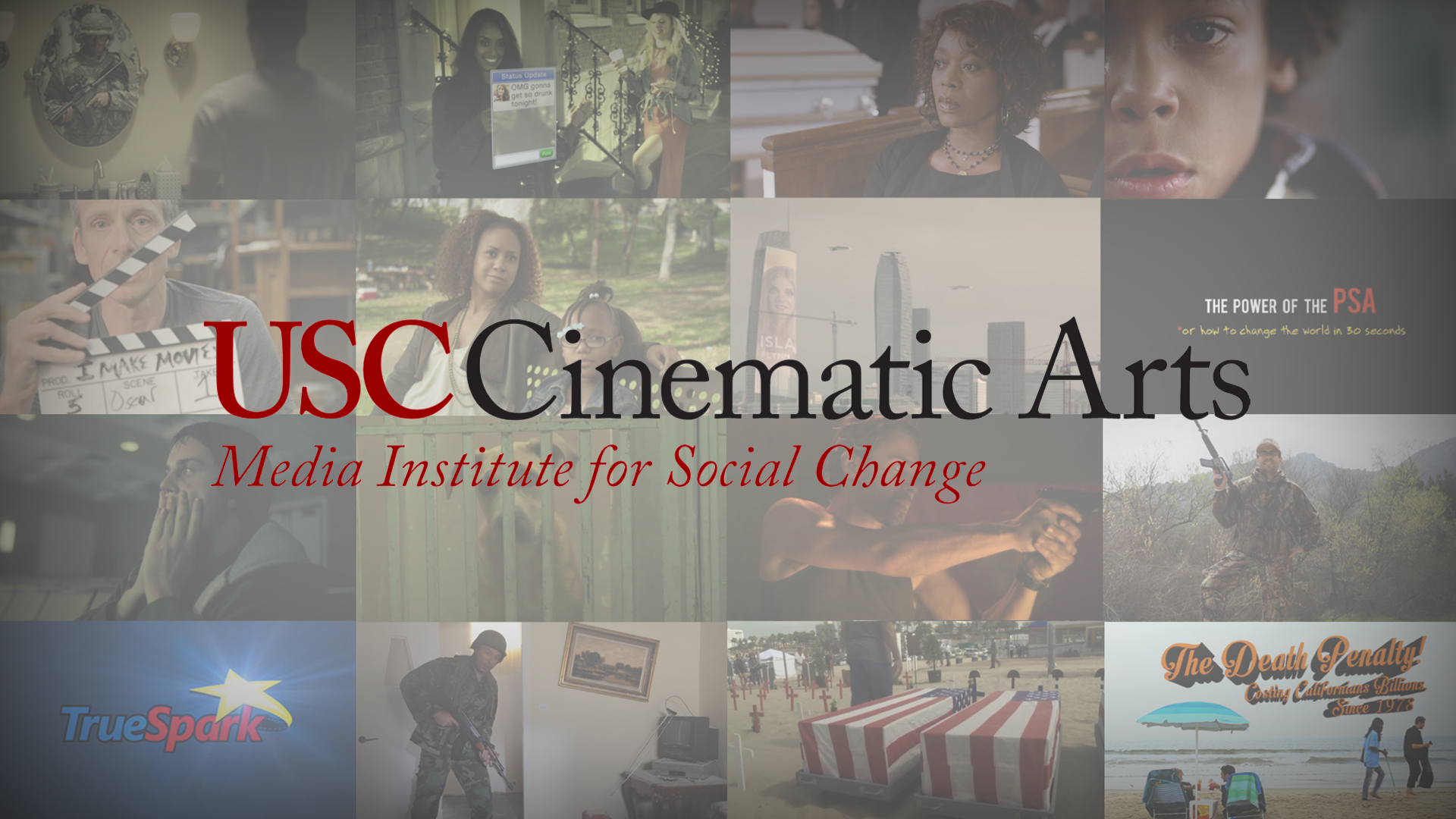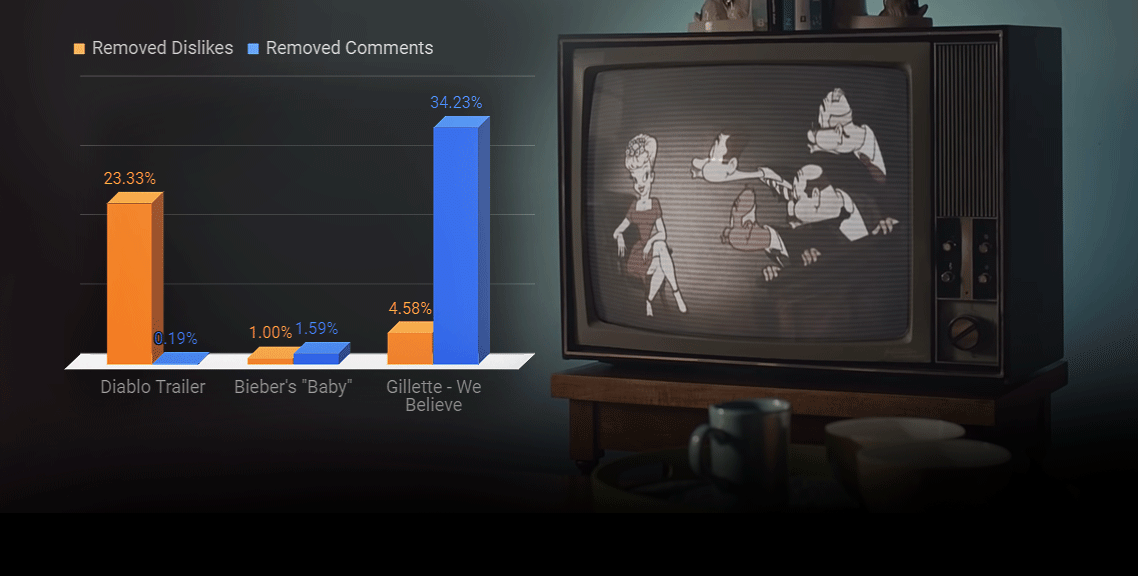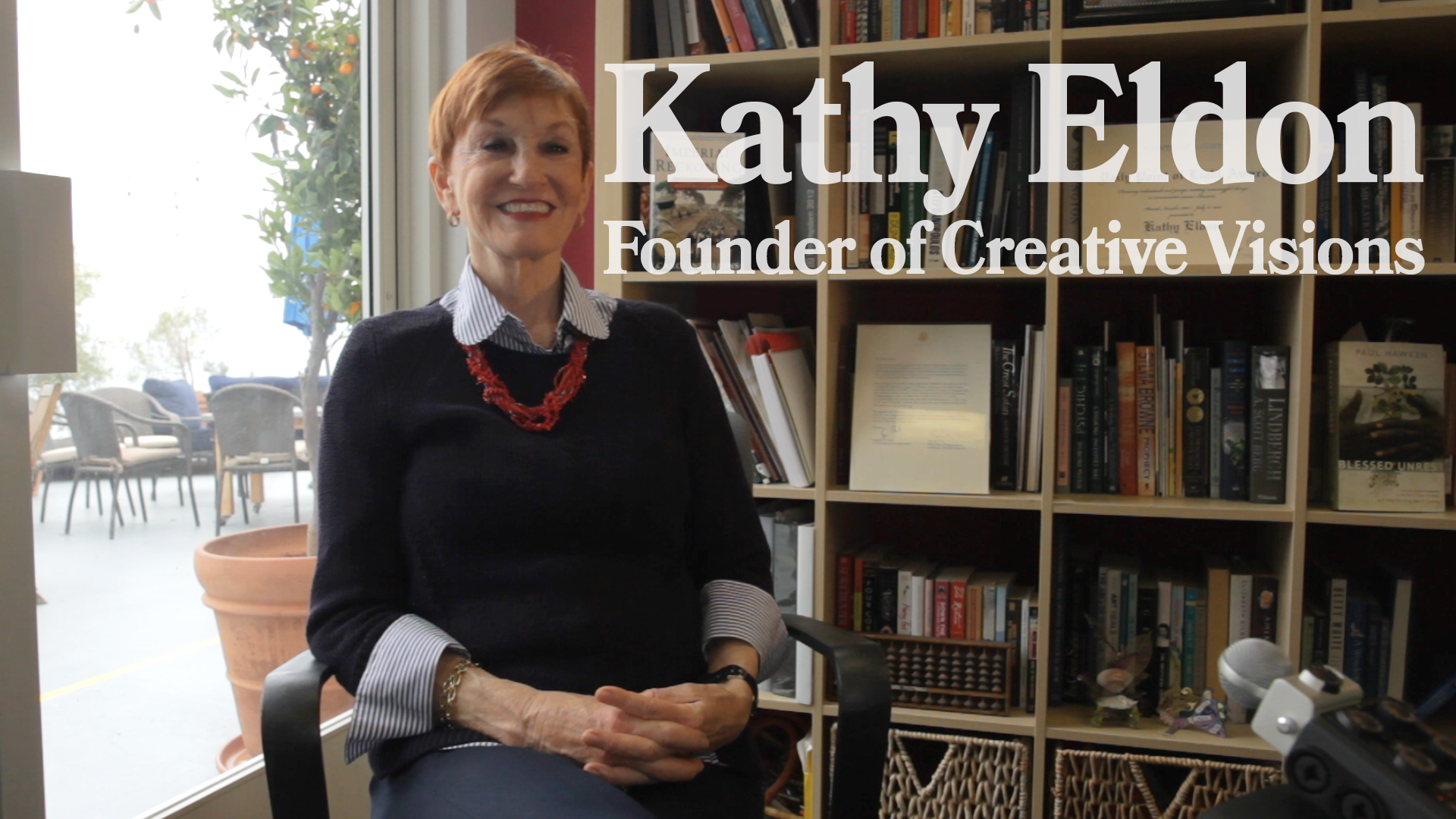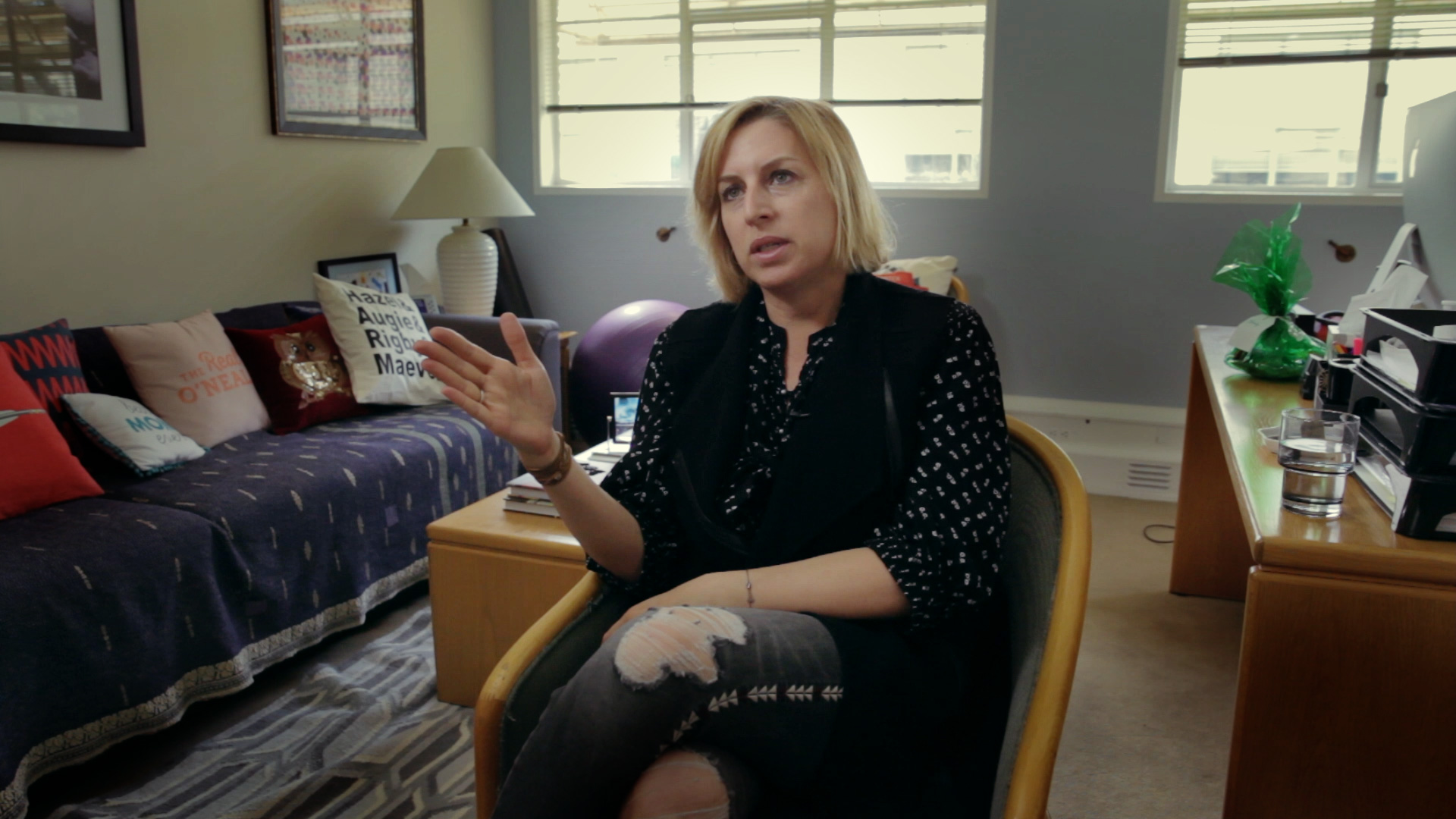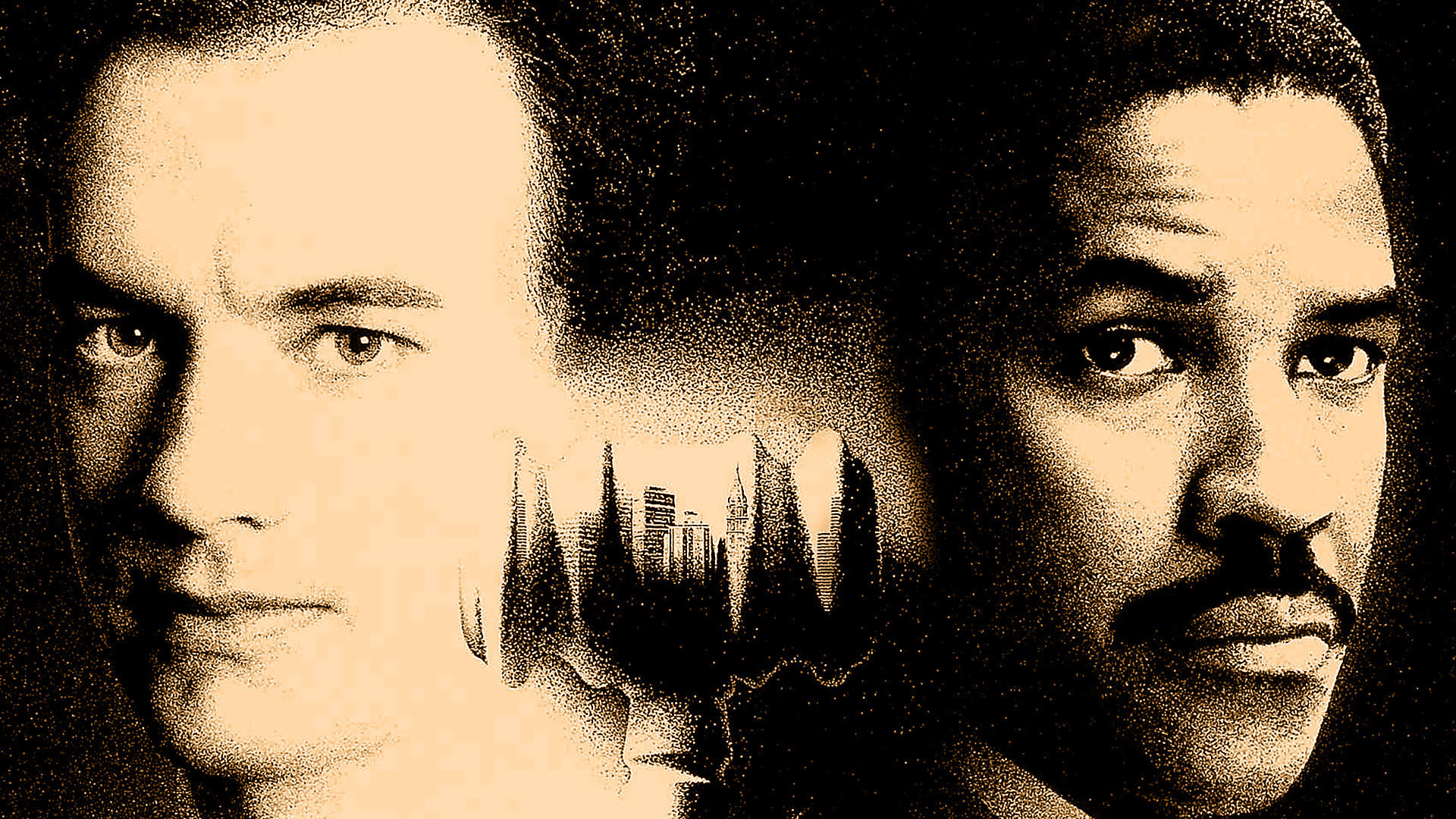Film schools get a bad reputation. It could be because Werner Herzog says they are a waste of time and money, because Steven Spielberg, James Cameron, Sir Ridley Scott, Peter Jackson, David Fincher, and Paul Thomas Anderson didn’t go or dropped out no later than the first day, or because those that do enroll, emerge under a mountain of debt. Take Brett Ratner, graduating NYU owing $250,000, the equivalent of a law degree or MBA from an Ivey League. His investment of course paid off, but throwing the chips down on a costly degree in the arts, especially film, is not to be mistaken as anything but a gamble.
Film is one of the most significant financial and cultural exports of the United States. It is a language that unites the world. So it is with the upmost importance that we champion quality and artistic discipline in our institutions, to cultivate the next generation of artists to push the frontier beyond the horizon. To do this though, we must be confident in the question of whether film schools are doing enough. What is the value beyond what can be self-taught?
The mechanics of putting a movie together is the obsession of most film degrees and this is not to be overlooked. To those that are not figuring it out by themselves, the wisdom of their professors can save significant time, money, and nausea in understanding the nuances of what to do and what not to do. Take something as simple as contracts. Many first-time filmmakers get their work caught in limbo amidst battles over creative control and ownership that could easily be bypassed with the proper guidance and counsel at the onset.
In an industry where you’re only as good as those you’re connected to, college is also a great place to meet the army that will wage war to turn your vision into a reality. For the introverted writer, I cannot think of anything more beneficial.
There is one area though that most film schools have seemed to overlook, and that is beyond the mechanics, beyond the completion of the movie. What is the effect of cinema on its audience? Of course, we all ask what makes a good story? But so many movies today, especially those with millennial audiences, succeed because they connect with the global zeitgeist. That is, they shine a light for the culture, articulating thoughts, feelings, and injustices so that clarity, catharsis, or anger is evoked. For more on why this is instrumental to box office success and a prolific career as a filmmaker, see “The Making of the Mega-Blockbuster: Big Money and Big Impact”
There is one school, however, that’s making an admirable effort to fill this void. Woodbury University has introduced a degree program called Master of Arts in Media and Social Justice, to teach students the connection between what they make and how it’s received. Their prescience is to be applauded and it is the hope that more film programs nationwide realize adding this component to film education is essential.
The crux of it all is championing quality while keeping costs low. How do you make sure students are not saddled with too much debt while at the same time maintaining a top film school in the world? Whether it’s a degree in film or a degree in botany, unfortunately prices have ballooned across the board, so it is the duty then of all departments and professors to make sure the curriculum is thorough and complete.
While Woodbury charts new territory, combing production with classes typically found in media studies, it is time for other schools to join the bandwagon. What is filmmaking without understanding its effect on its audience? What is culinary school without taste testing? In an increasingly competitive and cross-cultural world, this added knowledge can make a significant difference in one’s career and abilities as an artist.
Storytelling is and has always been about having something to say, whether it’s on the surface or buried and coded. Filmmakers obsessed with the mechanics spin together sentences in darkened rooms. It’s time to raise the lights and acknowledge and understand those within earshot. We owe it to our audiences and to ourselves in the fight to make better films.


